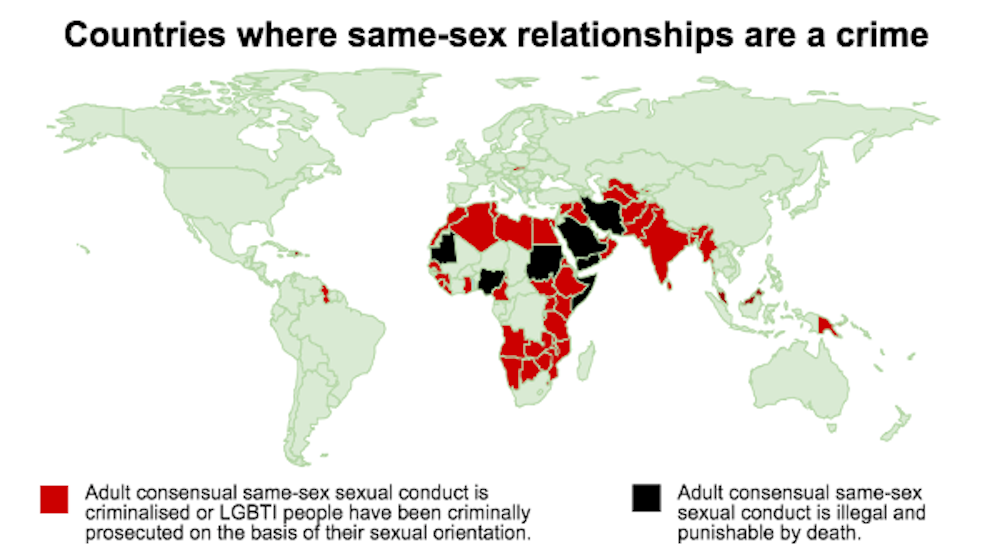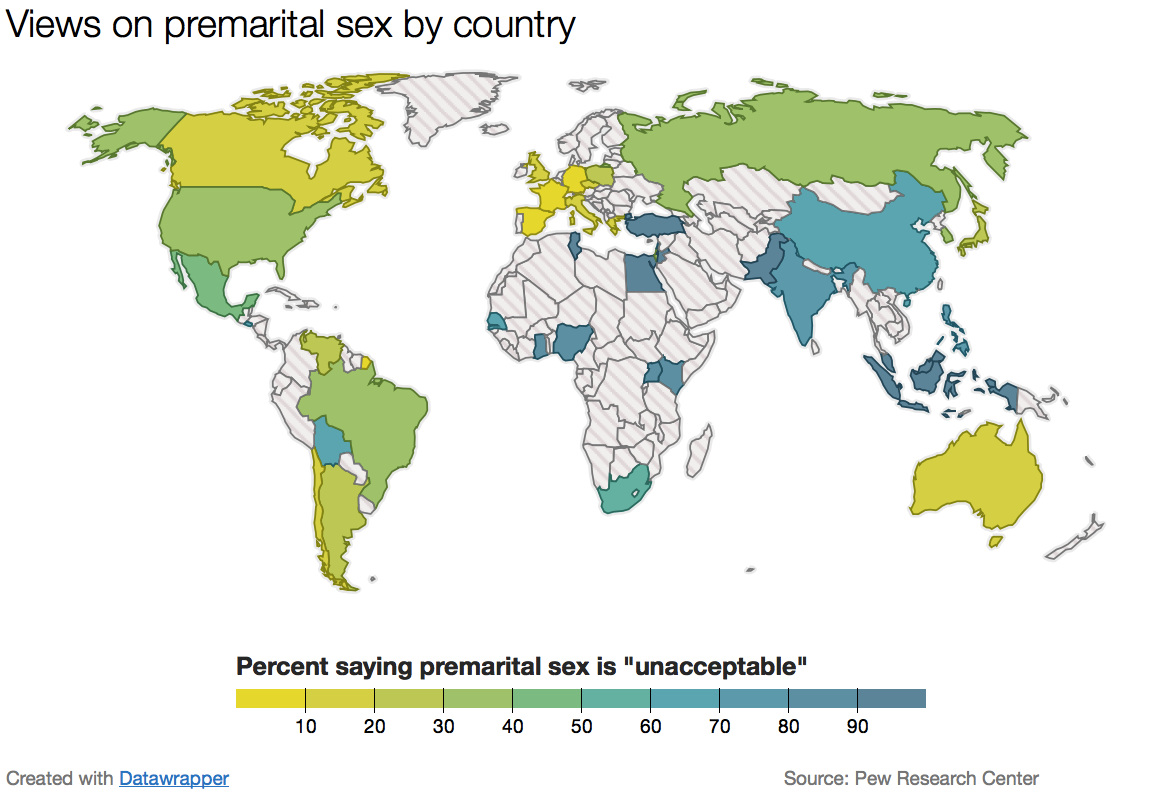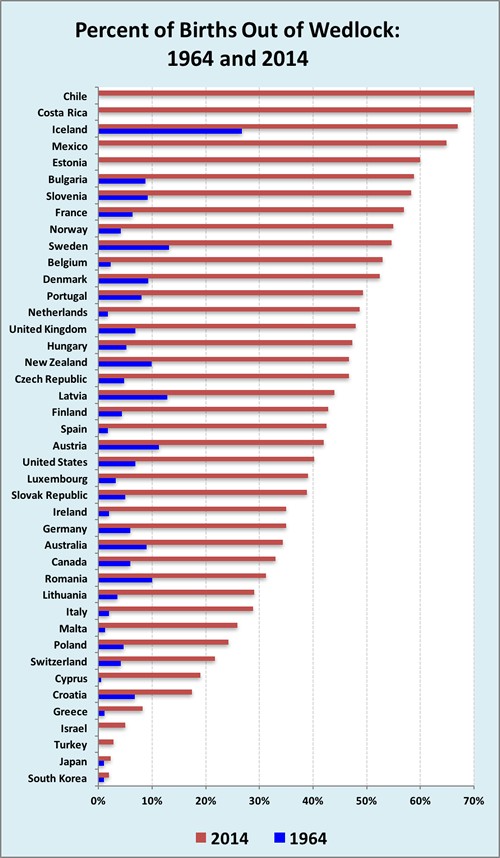Of course, governments have options about where to get that money. They can issue another gilt ..... assuming there are buyers. Ask Greece about that method. And if you do, you perpetuate the debt for another two, five, ten whatever years
and extend, yet again, the cost of that borrowing, tgat being the whatever earnings the ond holder is getting. At the time of the first post-crash general election, the cost of financing that government borrowing was something like £40bn billion) a year, which
IIRC,, was about the third largest category of government spending, after welfare and the NHS. I haven't looked recently, but ISTR it was up at more like £60bn, because 8 years of large deficits have massively increased the debt.





 LinkBack URL
LinkBack URL About LinkBacks
About LinkBacks
 Reply With Quote
Reply With Quote







